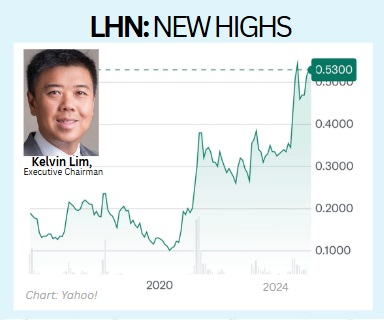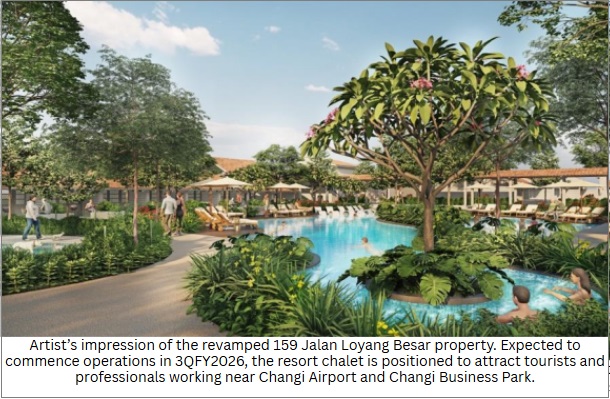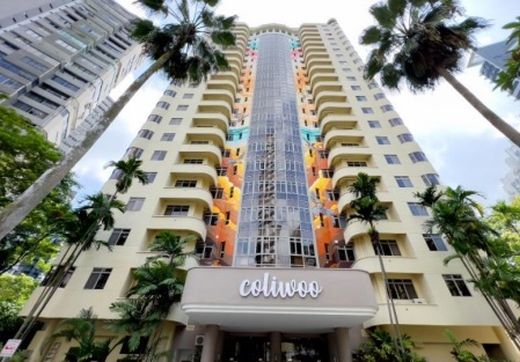|
Background |
| What sets Coliwoo apart? |
In a recent online 1HFY25 results briefing hosted by Phillip Securities, Kelvin Lim, the executive chairman, says Coliwoo specialises in "executing co-living business within the hotel and service apartment space".
They seek to "acquire or to master lease" buildings with scale, which smaller, less experienced co-living operators find such large undertakings challenging.
Coliwoo offers short-term to medium-term stays and fully fitted, serviced co-living spaces.
Mr. Lim contrasts this with competitors operating in the residential space such as condominiums and are faced with strict rules on occupancies and durations (not less than three to six months).
In Coliwoo’s operating space, customers can be hosted on short-term stays measured in days.
Mr Lim says Coliwoo avoids the "highly regulated" residential market.
He also notes Coliwoo’s commitment to regular cleaning, instead of what some competitors do, which is clean up after the tenant has left months later: "We believe that if we do regular cleaning, the room will upkeep better".
While Coliwoo prefers master leases due to better cash flow, it may also buy properties to maintain business momentum, selling out when the opportunity presents itself.
| Upcoming Co-living Hotspots |
Coliwoo has several properties under renovation with launches soon:
- 159 Jalan Loyang Besar: Their first resort-style chalet with ~350 keys (graphic above).
- 453 Balestier Road: 34 rooms, expected Q3 this year.
- 260 Upper Bukit Timah Road (Former Fire Station): A mixed-use development with commercial and F&B, plus 62 co-living keys, launching Q3 this year.
- 141 Middle Road and 50 Armenian Street: Launching FY2026 and FY2027, respectively.
Coliwoo targets adding at least 800 keys annually via master leases and acquisitions, with Mr Lim saying the co-living space is far from being saturated.
| The Spin-Off Story |
LHN announced in April a proposed spin-off of Coliwoo on the Singapore Stock Exchange main board.
LHN aims to retain a majority shareholding, with completion of the spin-off hoped for in the next 6 to 12 months.
Why the spin-off? It's all about supercharging growth.
The spin-off is a strategic move for growth and shareholder value:
- Dedicated Fundraising: Mr. Lim explains, when LHN raised funds or allocated capital for projects, a significant chunk often went to Coliwoo. This meant other business segments weren't growing as much as they could.
A separate listing allows Coliwoo to raise funds separately. - Unleashing Growth Potential: With a target of 800 new rooms annually, Mr. Lim states, "The growth is limited to how much money we can deploy... if we can raise more money, we can make the engine bigger and run faster".
He notes no challenges with "hiring people" or "project pipeline", only capital. - Economies of Scale: Coliwoo’s focus on "big master leases" (e.g., the new Loyang project needs ~S$20 million for fit-out over about 10 months) allows them to operate with more economies of scale.
- Overseas Expansion: With increased capital access, Mr. Lim confirms "we do have plans to start growing our business outside of Singapore".
Mr. Lim asserts the spin-off will "bring a lot more shareholder value to LHN Group".
Even post-spin-off, LHN Group expects to remain "very healthy on its own" and continue to "receive dividends from the co-living business" as its controlling shareholder.






